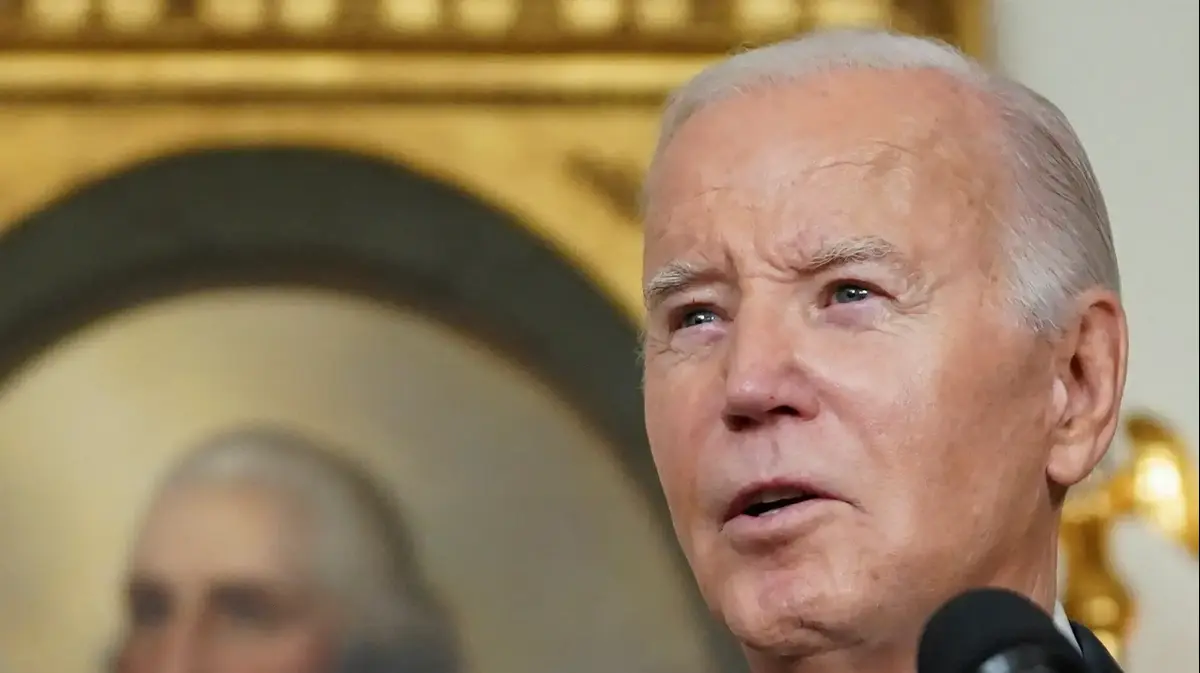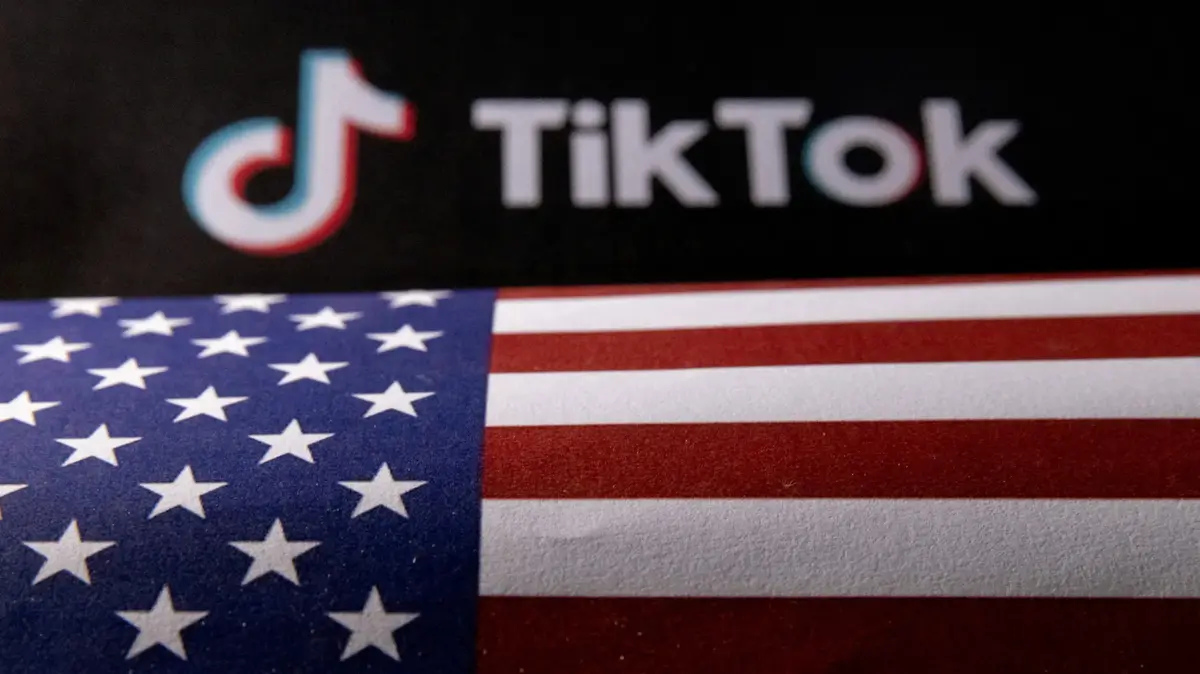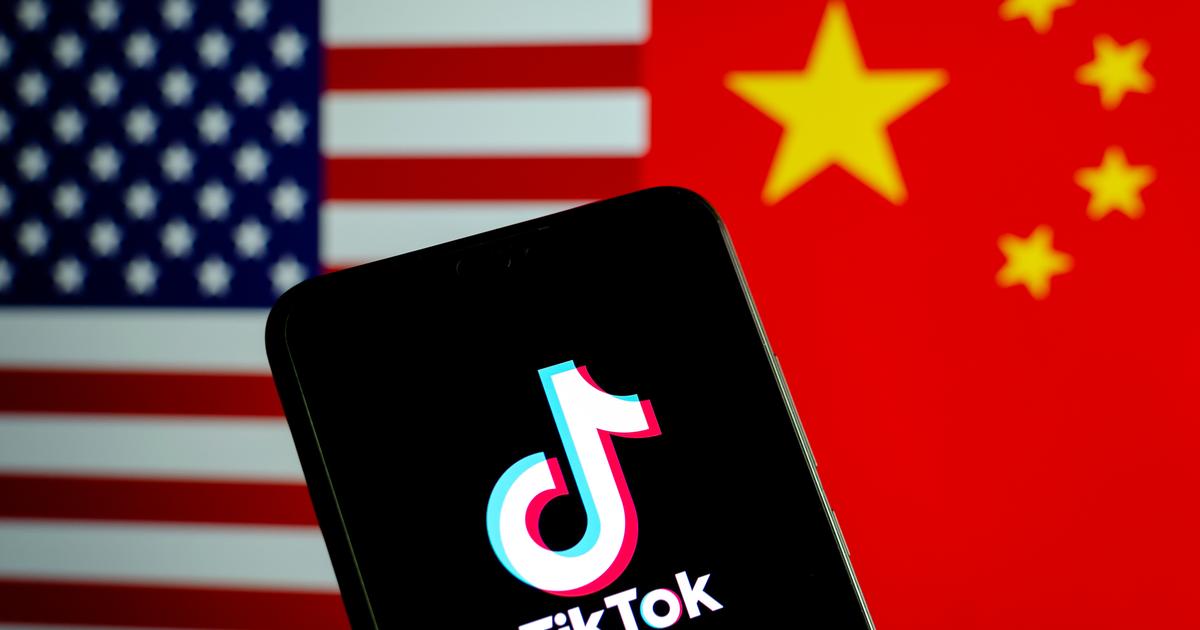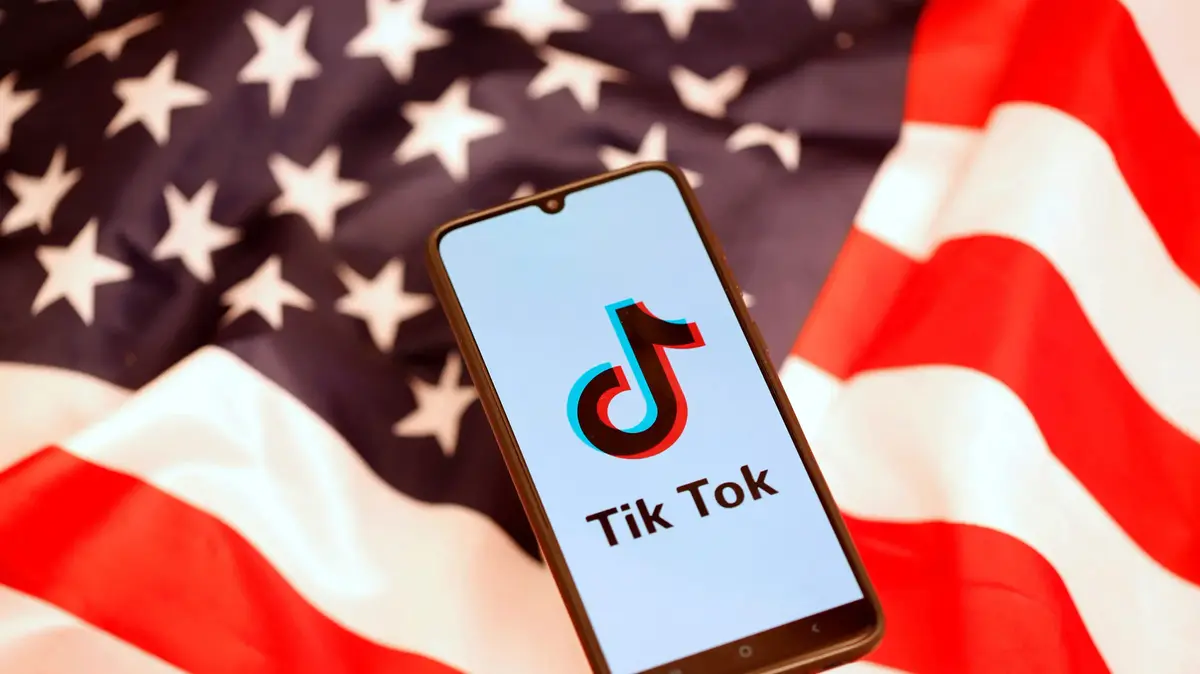Giant imprint against Tiktok children's app: "Gives personal information and passes it on to Chinese"
Your children use TikTok? Beyond the perils and abusive content of the platform, a class action lawsuit has now been filed in the United States against the popular platform. The lawsuit claims that the app transfers personal information to mysterious servers in China
Giant imprint against Tiktok children's app: "Gives personal information and passes it on to Chinese"
Video Editing: Nir ChenIn the video: Mikey Levy on apps for parents who can follow the kids without compromising their privacy.
A huge lawsuit against the Tiktok children's app claims, for the first time, that the app is transmitting sensitive and personal information of users to China. The ticketing app has become especially popular in recent months as it has gained hundreds of millions of users worldwide, quite a few of them children. In a class action lawsuit filed in California, the United States, it is alleged that the company running the app transferred private users' personal data to mysterious servers in China without permission. The same information transfers are likely to be made although the company has previously promised that it will not store personal data of users in China. In fact, Tiktok is owned by a company based in China, but its office is entirely outside the country.
More in Walla! TECH More in Walla! TECH"Itai Levy canceled wedding with Hadar Hayon because of sex video": The false message he wanted on Facebook
To the full articleTiktok, according to estimates, already has half a billion users worldwide, and as mentioned, the app has been able to develop a dedicated fan base especially among Israeli and American youth. Ticktock is already in legal trouble, so this class action may be particularly serious for her. At the same time, the company is facing a United States investigation into national security violations due to concerns about data storage in the app and possible censorship of politically sensitive content. In a lawsuit filed last Wednesday, TikTok allegedly "extracted huge amounts of user data and personally-identifying information and transmitted it to servers in China," in a hidden manner. British news site De Sun contacted Ticktock for a response, but the company declined to comment.
A concern among the American government. (Photo: GettyImages)
TikTok application (Photo: GettyImages)
More in Walla! TECH
Revolutionary Screen and Five-Lens Photo Set: Everything We Know About the Galaxy S11 to Protect Your Smartphone: How to Identify Malicious Apps "It's Terrible"However, the company claimed that user information was stored on servers in the United States and backup servers in Singapore. According to the lawsuit, a student named Misty Hong downloaded the app, but never created an account. A few months later, Misty discovered that Tiktok had created an account for her, without explicit permission and without her knowledge. In addition, Hong was able to extract the file with the upload information from the app and discovered that it contains biometric information collected from videos she created, but never released, she claims. This is not the first time we have reported ticking and the app has made headlines countless times in recent months. About a month ago, ISIS reported trying to bring app users to its powers by posting videos.









